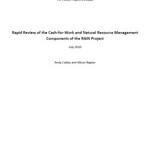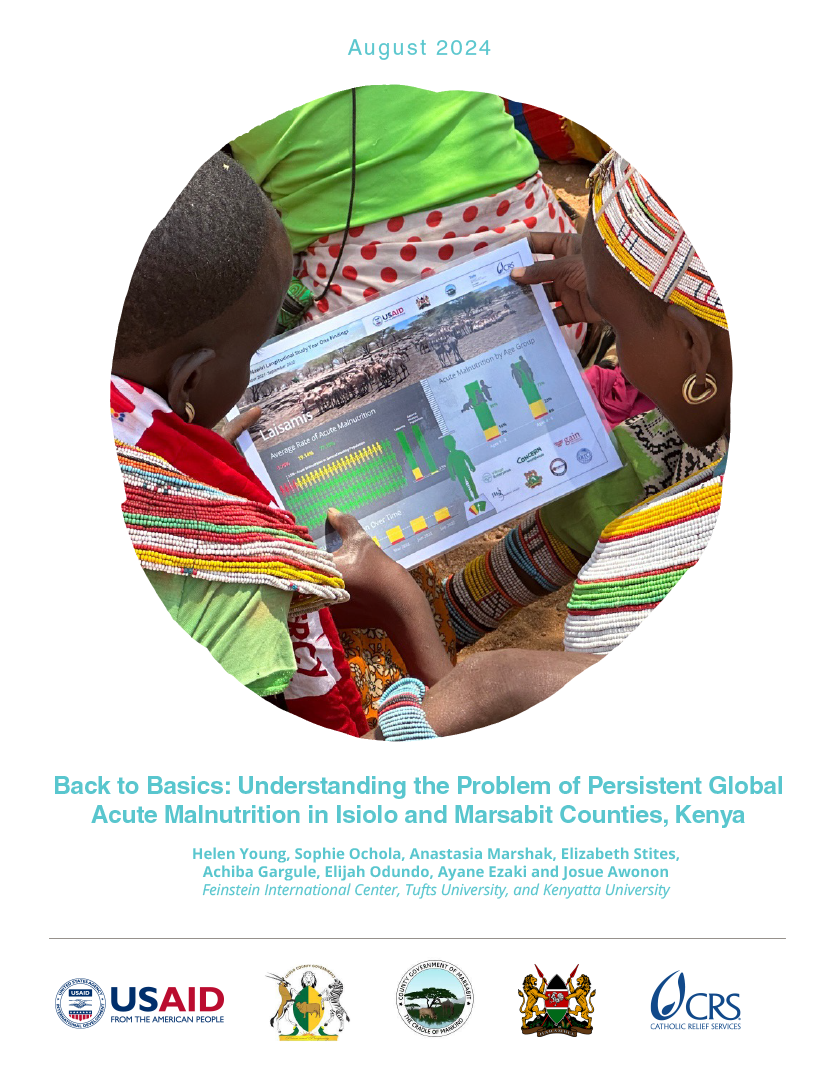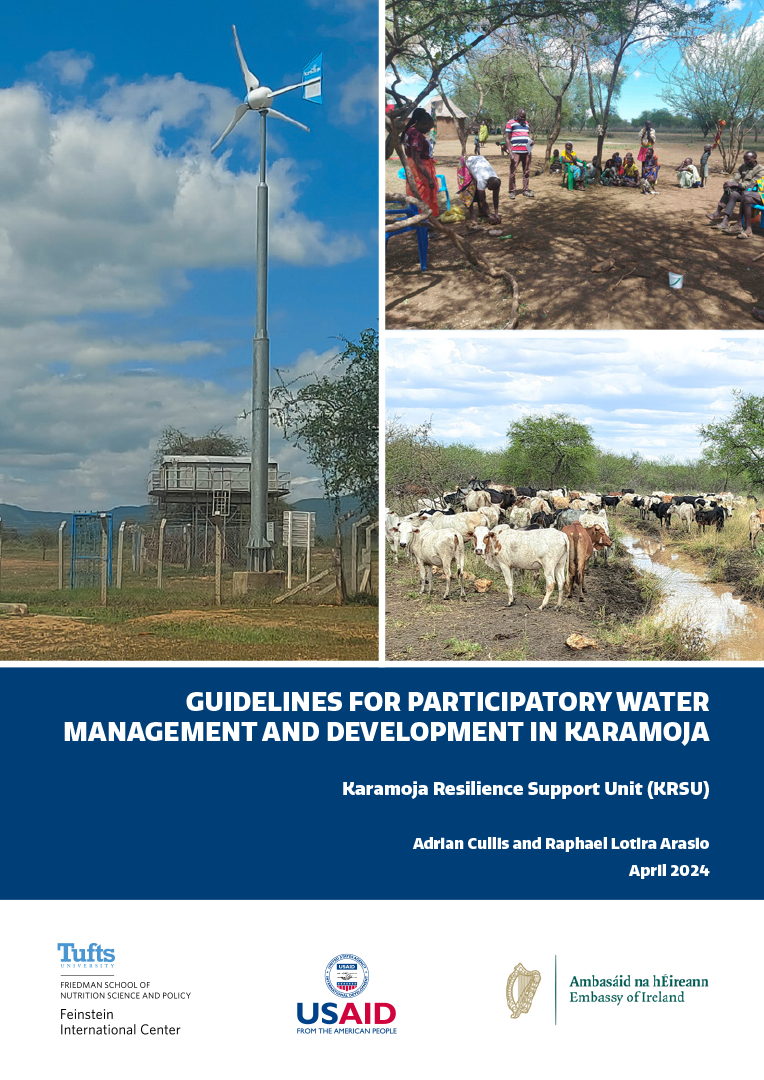The project Revitalizing Agricultural/Pastoral Incomes and New Markets (RAIN) is a three‐year project implemented by Mercy Corps and Save the Children UK (SCUK) in parts of Somali and Oromiya Regions in Ethiopia. The project aims to protect, build and diversify assets in food insecure households. The donor is the Office for Foreign Disaster Assistance (OFDA) and the project budget is US$17 million.
In July 2010, approximately at the mid‐point of project implementation, Mercy Corps worked with the Feinstein International Center of Tufts University to review specific elements of the RAIN project viz. cash‐for‐work (CFW) and related natural resource management (NRM) activities, and explore opportunities for reshaping project strategies and activities to achieve greater impact. The review process included the collection and review of case studies from Somali pastoralist areas, focusing on asset transfer approaches such as cash distributions during drought, and restocking after drought. Specific areas of interest in these previous approaches were the levels of asset transfer relative to the livelihoods impact, and the time period needed to achieve impact. Complementary to the review of case studies, simple economic modeling was used to predict how different levels of one‐off cash transfers would impact on different types of destitute and poor agropastoral and pastoral households. Spreadsheets with the model were provided to Mercy Corps for further adaptation and to assist revision of project strategies. The overall RAIN project objectives were reviewed, albeit briefly, together with options for assessing the impact of the NRM activities.







